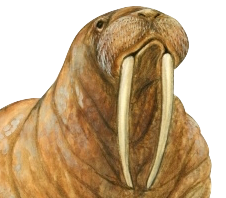Setting up Arduino IDE with Heltec ESP32 module for macOS
The Heltec WIFI Kit 32 is an interesting little module that integrates a WiFi/MCU SoC and a small OLED display on a single board. If you want to set up the Arduino IDE to work with this device and you’re on macOS, this is for you. This particular ESP32 module has a number of impressive features: 240 MHz processor speed and 4 MB of flash memory. The onboard OLED display can be conveniently used for debugging.
Install command line development tools
If you haven’t already installed the command line dev tools, you’ll need to do so.
xcode-select --installFor some reason, I had to do this twice before it would install. It eventually succeeded.
Install the Arduino support files
mkdir -p ~/Documents/Arduino/hardware/espressif
cd ~/Documents/Arduino/hardware/espressif
git clone https://github.com/espressif/arduino-esp32.git esp32
cd esp32
git submodule update --init --recursive
cd tools
python get.pyWith the last command python get.py I got an SSL error. I was able to workaround it but downloading the mkspiffs archive here. My target machine is still on 10.11, and I downloaded mkspiffs-0.2.1-osx.tar.gz. Then I just moved the archive (not unzipped) to ~/Arduino/hardware/espressif/esp32/tools/dist. Then I reran:
python get.pyIt still threw an error related to openssl, so I updated the Python distribution with Homebrew^[Homebrew is an excellent package manager for macOS. It’s incredibly easy to install. See the link provided.], and updated openssl:
brew install openssl
brew install pythonThen I was able to run get.py:
python3.6 get.pyNow you’re setup to use the Arduino IDE to develop for this powerful little board.
References
- Source for this board
- IoT with ESP32 - a trove of data and links about all things ESP32
- ESP32 on Reddit - community discussion about ESP32
- U.S.-based source of ESP32 boards - these are U.S. made with prices that are competitive with Chinese sources.
- ESP32 board comparison - a video comparison of ESP32 boards (only those without a display, though.)
- Windows installation of ESP32 Arduino IDE support


